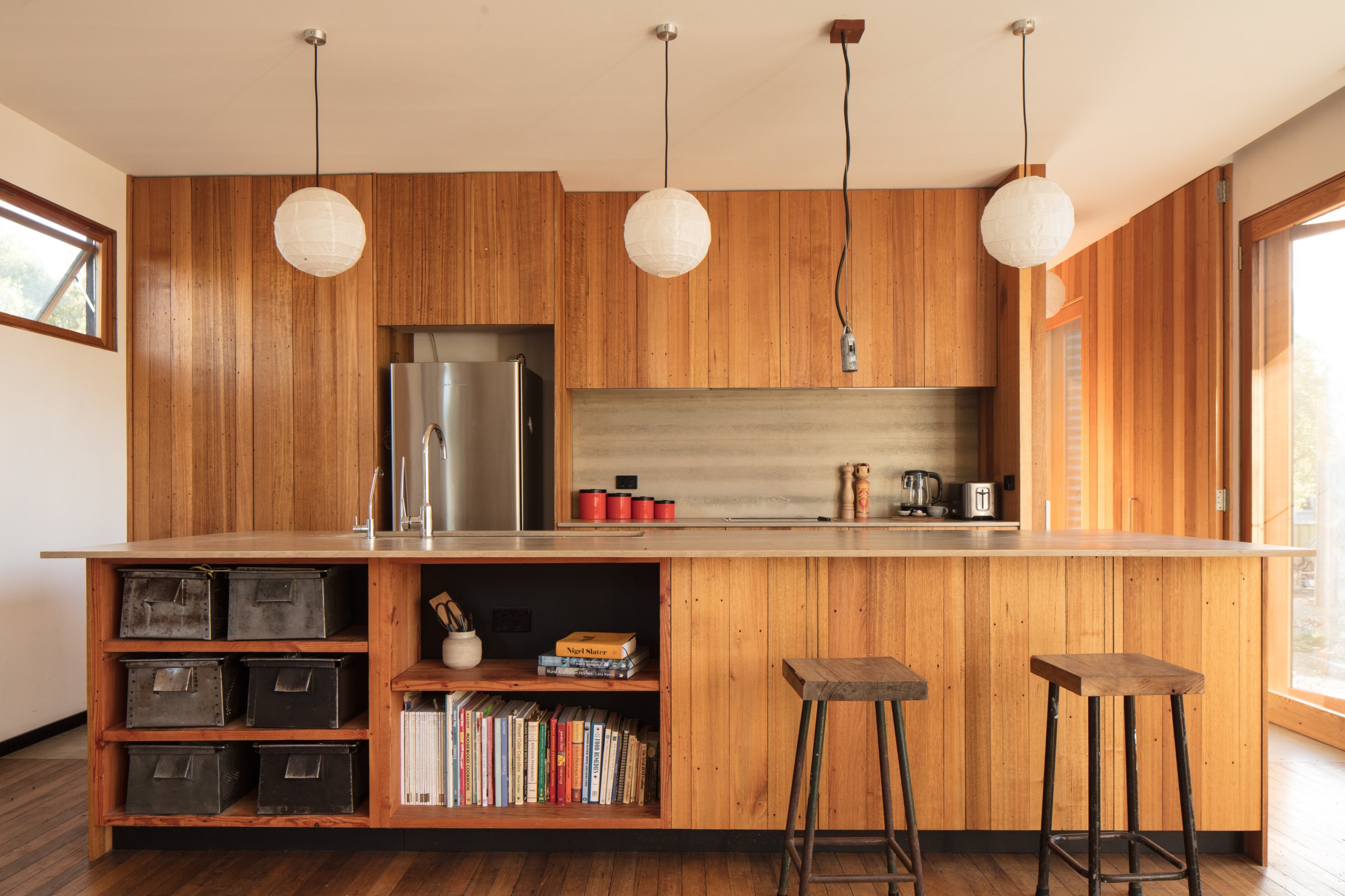Housing crisis demands action, not scapegoats

Michael Crosby Head of Public Policy, Airbnb Australia and New Zealand
Four months after New York City put in place the most restrictive short-term rental rules in the world, the Big Apple’s rental market remains rotten, and serves as a cautionary tale for New South Wales.
If New York’s goal was to improve housing affordability and availability, the early signs don’t look good. The city’s housing market is the worst in decades, hotel prices are at an all-time high, and some short-term rental activity has moved underground to unregulated sites.
The removal of thousands of short-term rentals have provided little reprieve for New York renters. In fact, rents in the city actually increased by 2.3 percent year on year in December and available rental inventory dropped 3.6 percent since August 2023.
It’s also become more expensive to visit New York City. Visitors have fewer accommodation options and face higher hotel prices– both of these trends are discouraging potential visitors from travelling to the Big Apple. As has been proven time and time again, more competition, not less, is vital to keeping prices down.
As New South Wales embarks on its own review of the current rules for short-term rentals, New York City’s model must not be repeated here. Pointing fingers at short-term rentals as the primary cause for our housing problems and implementing strict restrictions ignores the core issues driving today’s affordability issues and will do more harm than good.
Simply put, housing supply has failed to keep up with demand. Record low interest rates during the pandemic, favourable tax concessions for investors, population growth, changing household sizes, wage growth, and more, have played their part too.
We understand people are doing it tough right now, and that’s why we’ve worked with independent researchers Urbis to analyse what, if any, impact short-term rentals have on communities.
The study from Urbis found that short-term rentals have a minimal impact on housing affordability, not just in Sydney but across the country. The study points out in New South Wales, short-term rentals where the Host doesn’t reside on the property make up a meagre 1.8 percent of overall housing supply – the lowest since 2016. To put that in perspective – the 2021 census revealed there were approximately 10 times as many vacant houses around New South Wales as there are short-term rentals. Wouldn’t aiming to fill those first make more sense?
Today, the typical Host shares just one home on Airbnb, helping to provide affordable accommodation options for guests. Hosting is also an economic lifeline for many amidst a cost of living crisis, with a recent study finding 40 percent of Aussie hosts say the money they earn from Airbnb has helped them stay in their homes.
Our economic contribution packs a punch, with Oxford Economics estimating Airbnb contributed $4.4 billion to Gross State Product in New South Wales, supporting almost 28,000 jobs for the year up until March 2023.
Every day, we work with governments to ensure that hosting on Airbnb makes communities stronger, partnering with over 1,000 governments around the world to support common sense rules for short-term rentals.
Through this work, we understand cities continue to navigate unique, complex challenges – including housing affordability. We want to play a role in finding sensible, long-term solutions to help increase the housing supply and work with cities to balance the benefits of home sharing with communities’ needs.
New South Wales has some of the most sensible short-term rental rules in the world, including mandatory registration and a code of conduct for guests and Hosts that sets out to ensure people treat their neighbours and communities with respect.
Introducing harsher short term rental regulation will not fix the housing crisis; instead, it will cost travellers more, diminish Host earnings amid a cost of living crisis, adversely impact small businesses that rely on tourism, and ultimately give people less choice.
We need to learn from the mistakes in New York, not follow them.